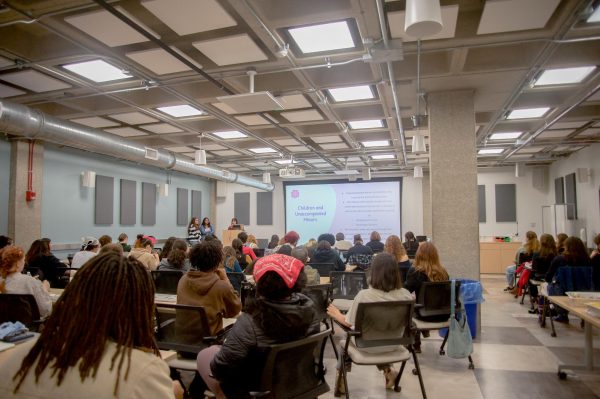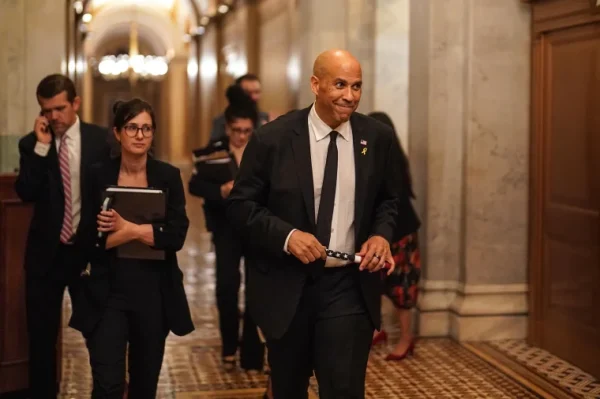American Apathy Perpetuates Gun Violence
Editor’s Note: This article contains mentions of violent imagery.
America is truly an exceptional place.
One exceptional aspect of American life is the possibility for an American to go to a concert and leave with wounds similar to those suffered by soldiers in wartime. Here’s another: An American can to go to church on Sunday and leave in a blood-soaked body bag. Here’s one more: Any American can be assured that, if an indiscriminately fired bullet puts them or their friend, sibling, parent, or spouse on the mortician’s table, the same is bound to happen to another person somewhere in America, without warning and with the guarantee that it will happen again. We all heard that it will happen again, after Sandy Hook, Miami, Charleston, Las Vegas, Sutherland Springs, and more.
Why that awful refrain? More importantly, why here? Why is it that a nation with such a rich history of progress and change cannot seem to achieve the very basic goal of preventing mass murder?
The answer to that question lies in yet another exceptional American characteristic — one which has developed in recent years into a collective national attitude responsible for bringing out the worst in us. That characteristic is our own uniquely American brand of apathy.
There is more than enough well-documented evidence of the rise of American apathy on individual and national levels. We lag behind most developed nations in voter turnout. Across demographic lines, citizens express a lack of trust in government and its officials. Conservatives and liberals alike choose to reject compromise in favor of partisanship and ideological entrenchment. Much of our news cycle is dominated by information that is either frivolous or apocalyptically dreadful — a reflection of a public too dispassionate to pay attention to anything else. Our impassivity is demonstrated by an unwillingness to fix the problems which confront our society and a widespread loss of faith in America and her promises — promises which were once enough to draw many of our parents, grandparents, and great-grandparents from far away, promises responsible for some of our most admirable moments as Americans.
This apathy is so great that we are left unable to fix the problem of mass murder of Americans by Americans. After every mass shooting we are compelled to go through the motions, but not one call for gun control legislation or “thoughts and prayers” has prevented another massacre more twisted than the last — in fact, three of the five worst mass shootings in U.S. history have taken place in the last year despite these ‘thoughts and prayers.’ We react to these tragedies with a strange and surreal mournfulness that seems more appropriate for the death of a loved one suffering from terminal illness — as if each shooting is somehow inevitable and that burying our dead and moving on is about as much as we can do. But every time a mass shooting occurs and we do nothing, we are killing American citizens with our apathy. If we do not address this, Americans will continue to die senseless, violent deaths, and surreal melancholy may become all too appropriate. If we continue to make half-hearted attempts at addressing mass shootings, mourning will essentially become the only thing we can do in response to these shootings.
This attitude is also what motivates us to ignore the homeless person who sleeps on the sidewalk and asks for change. It’s also what brought about last year’s election season. It is what compels us to selfish, unthinking behavior and persuades us to stay comfortable and distract ourselves with whatever means necessary from the world at large — to stay sheltered inside of our own lives.
The same apathy is what tells us that mass murders are an immutable aspect of American life.
The best moments in American history have been characterized by engagement and concern in the most desperate situations. Now, we are at a crossroads. The situation is desperate: Do we abandon our apathy or allow ourselves to sink into the abyss?
If we don’t make a change, a doleful response may be in order for future generations who will inherit a dying America — an America made exceptional not by its promises, but by its complete lack of a soul.
Facing these possible futures, we must decide to either carry on the American experiment or abandon it altogether.



